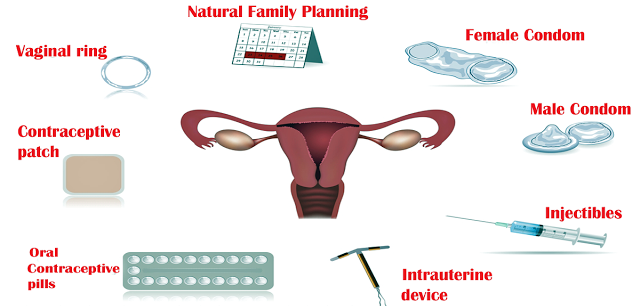An Associate Professor at UNTH, Enugu, Dr. Uche Agu, has warned against using withdrawal as a reliable contraceptive method.
The gynaecologist described the withdrawal method, also called pull-out, as traditional but grossly ineffective for preventing pregnancy.
He noted that the method is associated with a high failure rate and should not be trusted for birth control.
Speaking on a health platform, Agu said many couples rely on withdrawal without knowing its shortcomings and risks.
He explained that withdrawal requires the man to pull out his penis before ejaculation to prevent sperm from entering.
According to Agu, this method often fails due to human error and natural limitations beyond the man’s control.
“Many men lose control at orgasm and release sperm inside the vagina before pulling out,” he stated.
He stressed that even the early secretions, before full ejaculation, contain sperm cells capable of causing pregnancy.
“These slimy secretions released before climax can carry active sperm and lead to unintended pregnancies,” he added.
The gynaecologist said the method mostly appeals to those avoiding modern contraceptives like condoms, injectables, or implants.
He explained that some men trust themselves to pull out on time, but this confidence is often misplaced.
“At the peak of pleasure, some forget to pull out and ejaculate inside the woman,” he warned.
“This is very common and is the main reason why withdrawal fails so often,” Agu said.
According to the Mayo Clinic, one in five couples using withdrawal for a year will end up pregnant.
The health institution noted that withdrawal is far less effective than modern contraceptives such as condoms or pills.
The World Health Organisation reports that even perfect use of withdrawal still leads to four percent pregnancy risk.
In comparison, condoms have only a two percent chance of pregnancy when used correctly and consistently.
WHO listed other contraceptive options including pills, implants, injectables, patches, and vaginal rings.
The organisation emphasised that contraception helps people decide how many children to have and when to have them.
Agu affirmed that the withdrawal method demands serious discipline, especially from the man involved.
“Some men try hard to pull out, but their bodies may release sperm cells before full ejaculation,” he said.
He warned that even controlled users may unknowingly release sperm in pre-ejaculatory fluid before withdrawal.
“That’s why withdrawal fails. It depends too much on the man’s discipline, which is often unreliable,” Agu noted.
He concluded that the method is risky and should not be promoted as a dependable family planning option.
Couples were urged to consult health professionals and adopt safer, more reliable methods of birth control.



